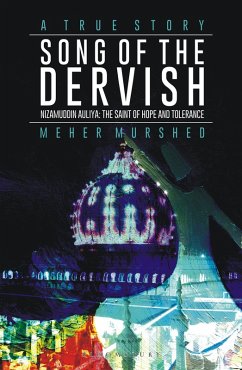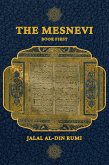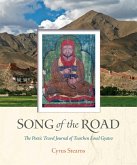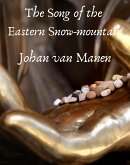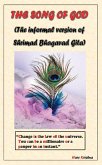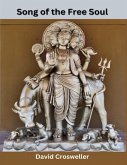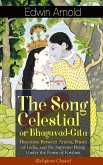Thirteenth century Hindustan: Sultans ruled Delhi. Seduced by gold, they eyed rich neighbouring kingdoms. They marched from one land to another, plundering and preying on the women of the vanquished. The sultan's court was a cauldron of intrigue, where brother killed brother for the throne.
Amidst this orgy of violence, greed and lust, there emerged a Sufi dervish called Nizamuddin Auliya. He offered calm to a people ravaged by fear; he offered hope where there was none.
The dervish spoke of tolerance and peace among religions. There are as many paths to The One as there are grains of sand.
Nizamuddin realised his Maker by feeding the hungry. He knew what hunger was like. He had gone hungry too.
The dervish, like all Chishti Sufis, would have nothing to do with sultans, who were wary of him. One wanted Nizamuddin's severed head brought to his court.
Nizamuddin's closest disciple was Amir Khusro, the court poet of sultans, the dervish's soul. Music was prayer for Nizamuddin. Amir Khusro created qawwali, Sufi devotional music, for his master.
Song of The Dervish tells the stories of people who feel Nizamuddin's presence today, 700 years later. He offers hope and heals.
No one goes hungry, no soul leaves troubled from the dervish's doorstep
Amidst this orgy of violence, greed and lust, there emerged a Sufi dervish called Nizamuddin Auliya. He offered calm to a people ravaged by fear; he offered hope where there was none.
The dervish spoke of tolerance and peace among religions. There are as many paths to The One as there are grains of sand.
Nizamuddin realised his Maker by feeding the hungry. He knew what hunger was like. He had gone hungry too.
The dervish, like all Chishti Sufis, would have nothing to do with sultans, who were wary of him. One wanted Nizamuddin's severed head brought to his court.
Nizamuddin's closest disciple was Amir Khusro, the court poet of sultans, the dervish's soul. Music was prayer for Nizamuddin. Amir Khusro created qawwali, Sufi devotional music, for his master.
Song of The Dervish tells the stories of people who feel Nizamuddin's presence today, 700 years later. He offers hope and heals.
No one goes hungry, no soul leaves troubled from the dervish's doorstep

